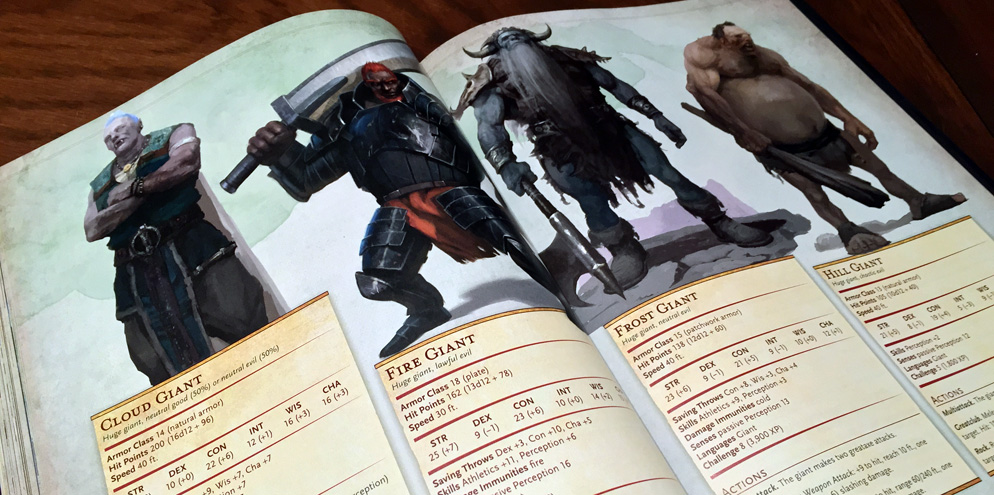During our live episode, I asked Grant, mostly rhetorically, what kind of characters I play. My intention was to illustrate for the audience that I tend to play an archetype and then segue into noting that this is a fairly common practice. In so doing, I reminded myself of something I should have remembered, namely: “Don’t ask Grant a question unless you’re ready for an insightful answer.”
Because Grant gave me an answer that I really didn’t expect (though I probably should have): “You.” And then he went on to enumerate his supporting evidence for that statement, which was more plentiful than I consciously realized.
Still, there’s no denying that I put myself into my characters; up until recently, they almost all even shared my own eye and hair coloration (gray/brown). Player characters of mine are usually some member or former member of the “protector class” – military, espionage, or law enforcement. In a fantasy setting, they are typically tied to a god of protection, justice, or similar concepts. For reasons I mentioned in Episode 50, a lot of them had facial scars.
Something that few of you will know is that for years I was planning on a career in law enforcement. Learning what effects getting that wish would have on the rest of my life took the bloom off that rose, but I still have a deep appreciation for what Lt. Col Dave Grossman refers to as “sheepdogs” because I have a good idea what they sacrifice and put up with in order to fill those roles in society. Still, as much as I admire the sheepdogs in real life, that’s only part of why I like playing them.
Protectors typically have access that more mundane folks do not. The character that probably represented the “peak” of the archetype described above was a superhero called Overwatch that I played in a Mutants & Masterminds game years ago. Despite having fewer points in his powers than any of the other PCs, he was (by unanimous agreement) the most effective character in the game. You’ll notice I said “effective” and not “powerful” there. Let me explain.
Overwatch had been in the Chicago PD, and the US Air Force and at the start of the game was working for the DHS. He had the power of arrest and official credentials. Furthermore, he had investigational skills and the mindset of a law enforcer. That meant that he could walk into a bank or convenience store and get access to their security camera feeds just by asking and nobody was suspicious of his motives. He could patrol an area in an unmarked law enforcement vehicle, but if he needed traffic out of his way, it was as simple as flipping on the lights and siren. He could get dossiers on known bad guys. He knew how to look for what was out of place in a scene, and unlike most superheroes, if someone came after him, on or off duty, they were messing with a sworn officer of the law, not some random civilian. With all of that, his flight, low-level super-strength and potent spatial manipulation abilities were just icing on the cake.
Paladins in a lot of fantasy settings enjoy similar benefits, and even former members of these professions retain their skills. They also benefit from a solid potential mix of brains, brawn, and social abilities, making them useful in a wide variety of situations in play. Given all of that, is it any wonder I enjoy that archetype so much?
Still, if for no other reason than I think Grant is getting sick of “Peter Characters,” I’ll probably try to break out of that wheelhouse next time I make a new PC. If nothing else, it’ll be interesting to see how well I take to playing, for example, a wizard or a druid in a fantasy game, or perhaps a hacker or con man in a modern one.
At the very least, it’ll give us something else to talk about on the podcast.



